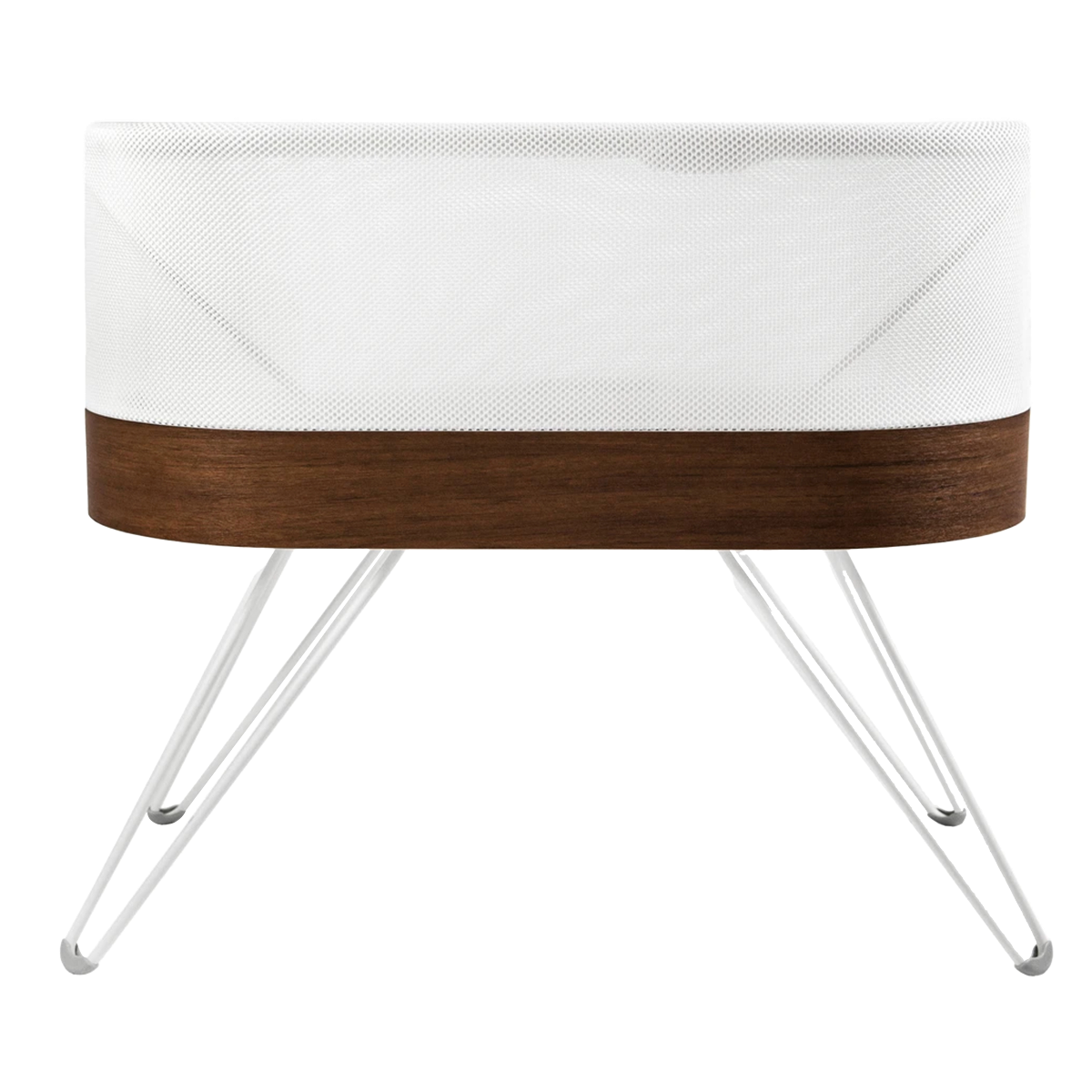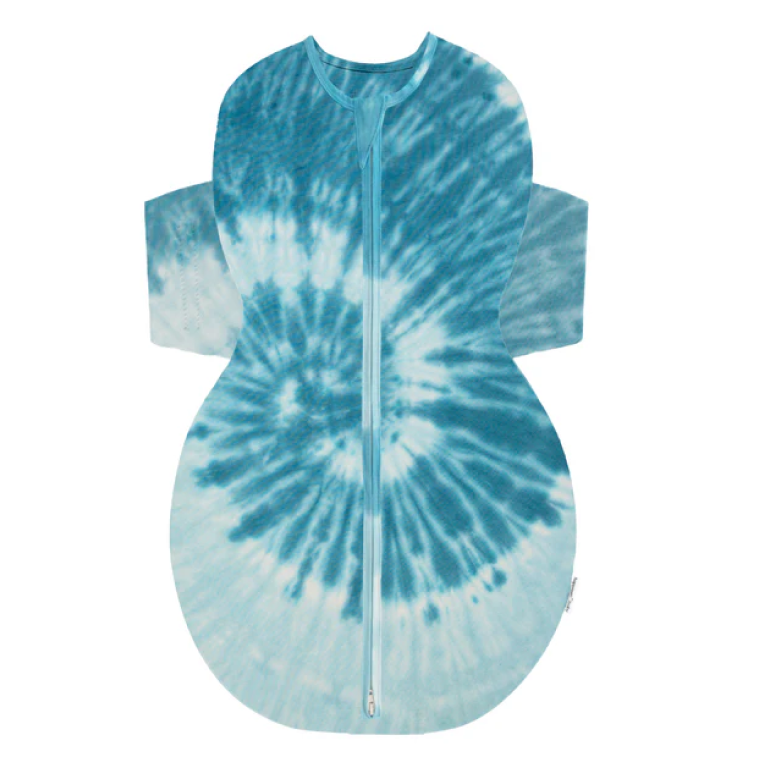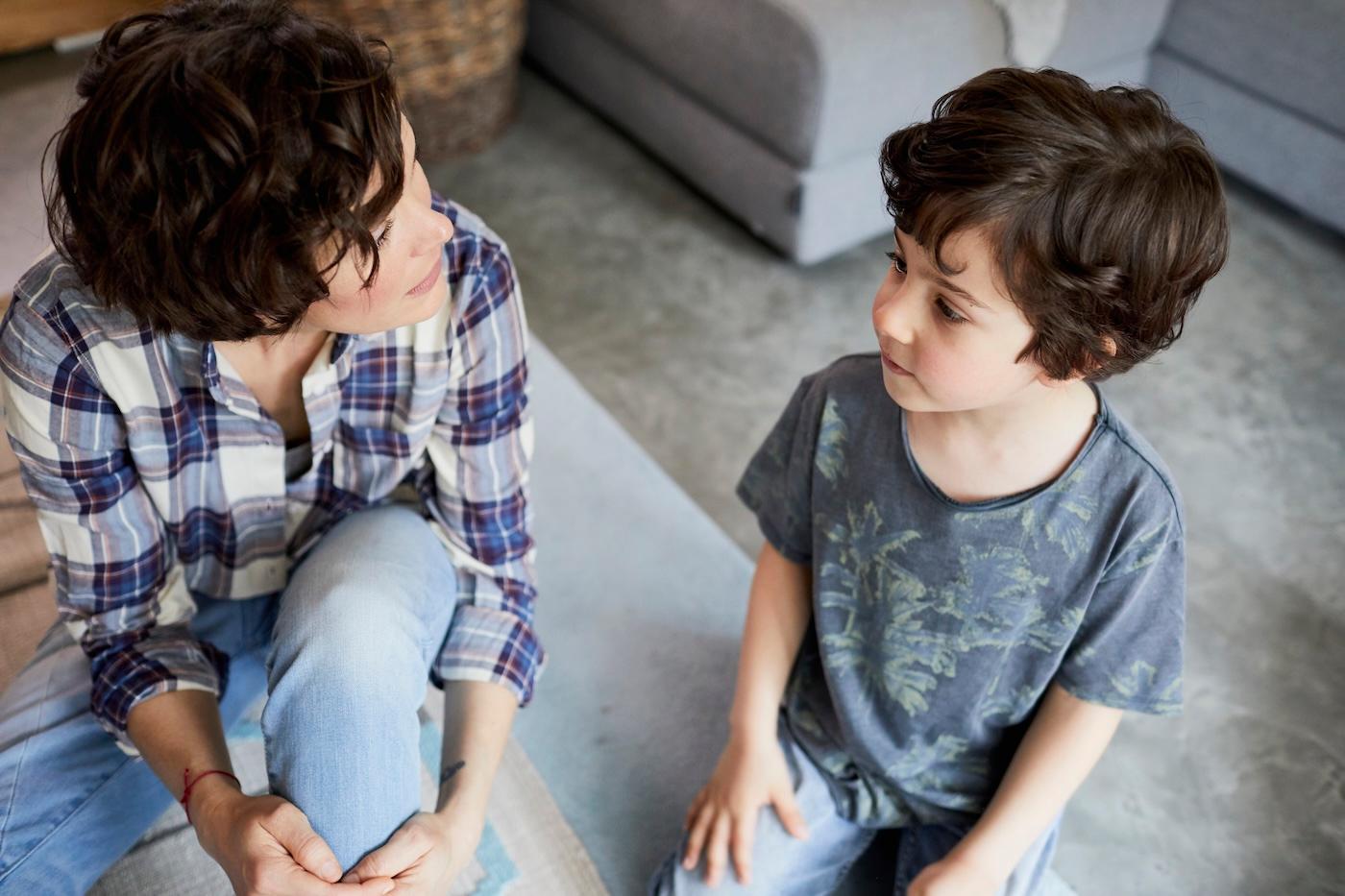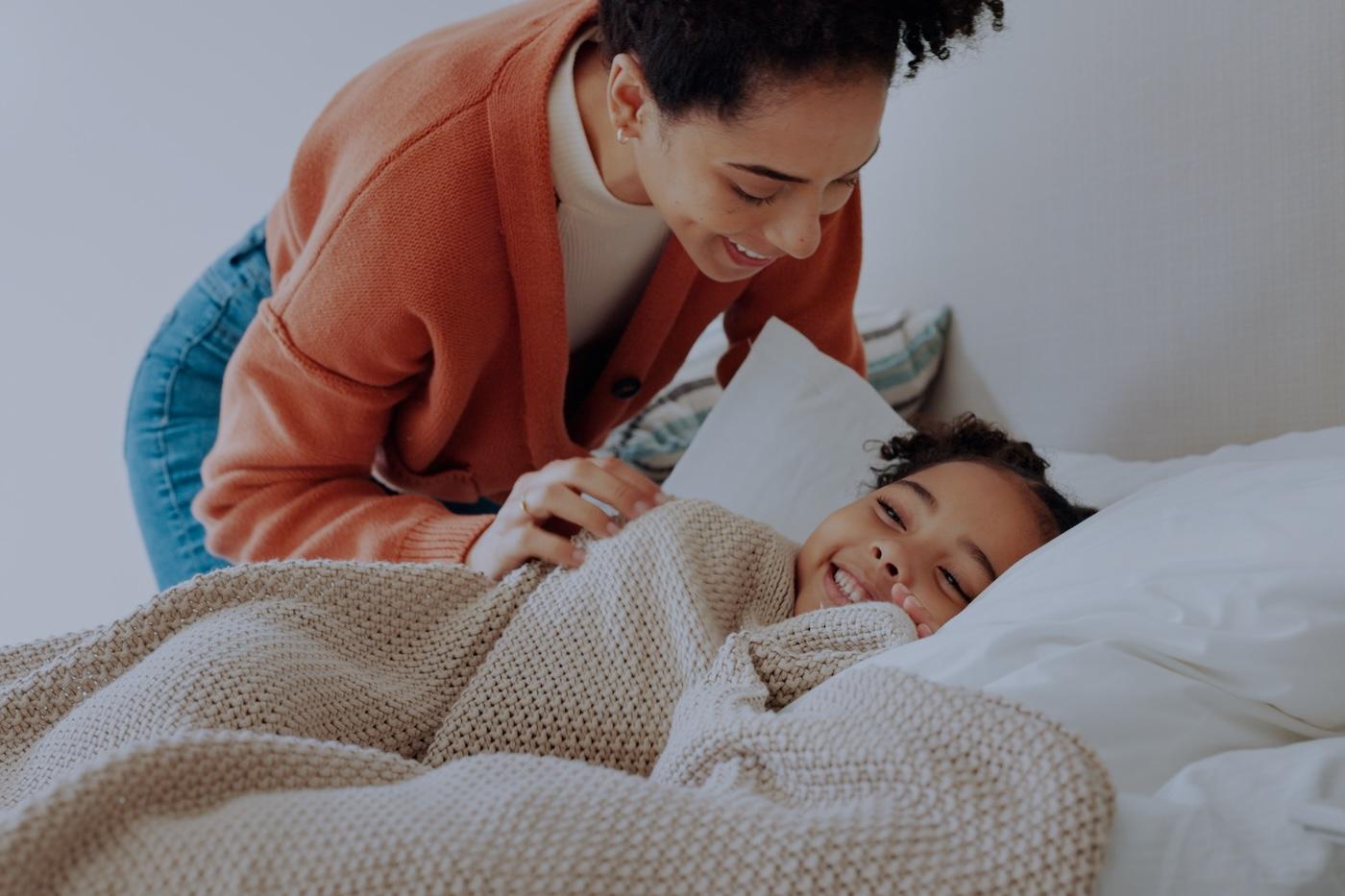TODDLER
6 Potty Training Myths to Stop Believing
Here’s how to sort fact from fiction when it comes to potty-training your toddler.

Written by
Dr. Harvey Karp

Parenting is tough enough without trying to live up to unrealistic expectations. Nowhere is that more true than with potty training. Here’s how to sort fact from fiction when it comes to teaching your toddler to “do his duty.”
Myth #1: There is a “correct” age for starting potty training.
Potty training truth: When you see another kid ditch diapers as soon as they turn 2, you might start to feel like your little one is lagging behind. But the truth is that every tot learns at her own pace. In some cultures children are toilet trained as early as 9 months, and in others potty training doesn’t happen until over 3 years. (No matter your kiddos age, potty training books can help spark an interest.)
Myth #2: Parents can make a child get potty-trained whenever they choose.
Potty training truth: Pressuring your toddler to be potty trained often backfires. Toilet training is like trying to grab water: the harder you grasp at it…the less success you have. (Learn simple ways to get your tot ready for potty training.)
Myth #3: Parents should applaud or celebrate when a child uses the potty the first time.
Potty training truth: Being too enthusiastic when you hear that first "trickle" or "plop!" can cause problems. Shy children may avoid the potty because they are afraid of failure and disappointing you. Defiant kids may withhold stool, denying you the thing that makes you happy at times when they are angry with you. The trick is to play it cool. Give praise for sitting on the potty, but chill out when your child actually poops or pees. Just smile and say "You did it." Then wipe, flush, and get on with your day.
Myth #4: Putting underwear on a child will hasten potty training.
Potty training truth: Using underwear too early usually leads to feelings of failure when the child inevitably has “accidents.”
Myth #5: It is better to have a potty-trained toddler than to have one in diapers.
Potty training truth: Diapers aren’t so bad. In fact, having a toilet trained toddler is often a “pain in the butt” because then you have to stop the car at a dirty gas station or drop your shopping and find a bathroom the minute your child says she has to go potty.
Myth #6: The goal is to have a toddler potty trained as early as possible.
Potty training truth: Trying to toilet train a child too early may feel like too much pressure for a young toddler and cause them to regress and delay their potty training. Instead of forcing it, look for cues that your tot is ready.
A few signs your child is ready to be potty trained:
- They can sit still for more than 10 seconds.
- “No!” is no longer their favorite word.
- They know the words for poop and pee.
- They likes to imitate Mom or Dad.
- They have taken a liking to cleaning up and organizing.
By removing some of the potty training pressure—from both you and your child—and going at your own pace, the business of your toddler doing his business will get a lot easier. He'll be proud to rock those big-kid underpants in no time!
More potty-training help:
- 11 Potty Training Books for Toddlers
- How to Potty Train at Night
- Use Toddler-ese To Talk to Your Potty Training Tot
- Tools to Prevent Toddler Defiance
Disclaimer: The information on our site is NOT medical advice for any specific person or condition. It is only meant as general information. If you have any medical questions and concerns about your child or yourself, please contact your health provider.
SHARE THIS ARTICLE
MOST LOVED
Sleepytime Sidekicks












